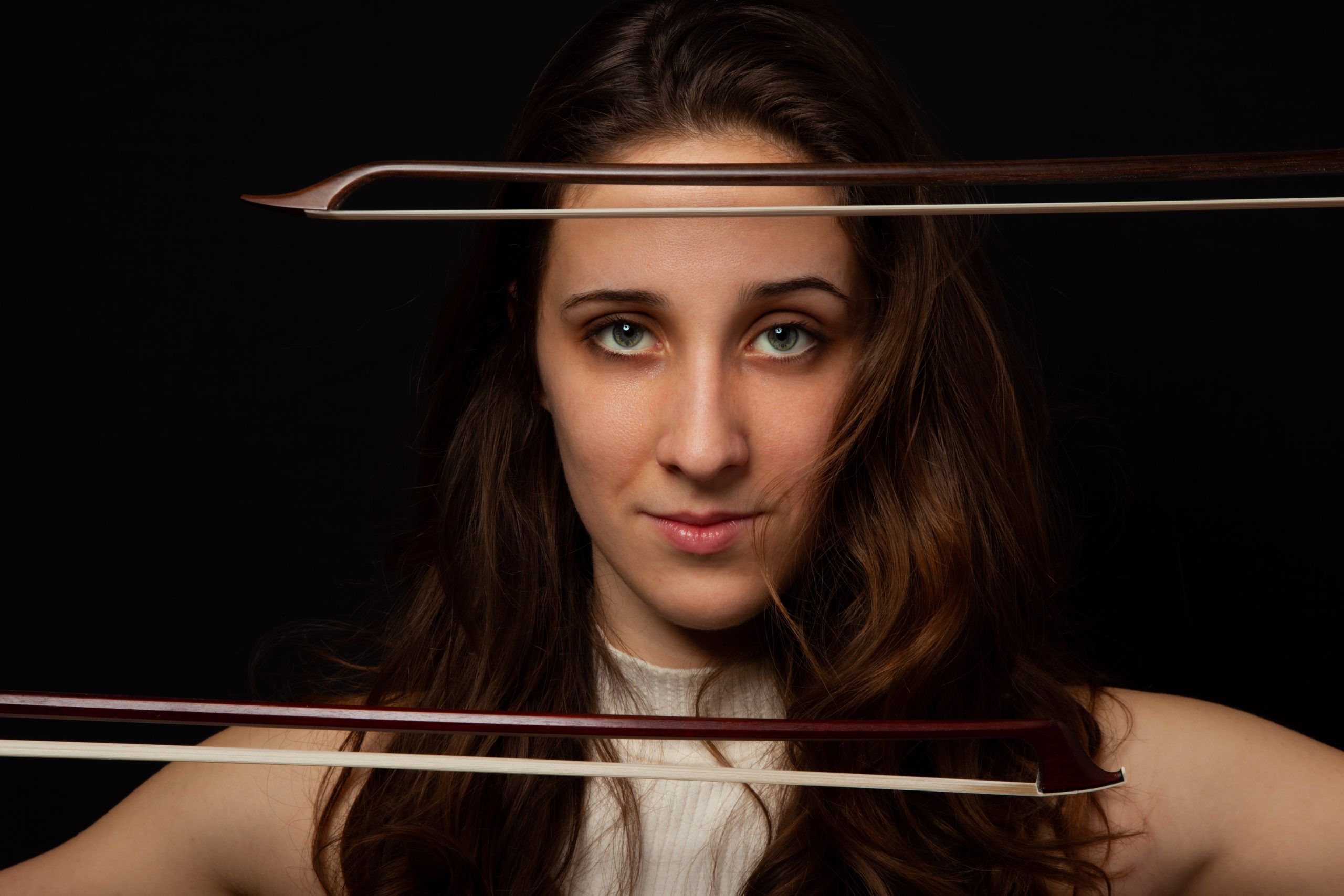

Oxford May Music 2024 – Day 2
The festival that celebrates science and the arts, founded and directed by violinist Jack Liebeck and particle physicist Professor Brian Foster.
2.00-3.30 pm
Concert 2 – Pierre Fournier Award prize-winner concert
Schumann Adagio and Allegro, Op. 70
Britten Cello Sonata in C major, Op. 65
Fauré Cello Sonata No.2 in G minor, Op. 117
Chopin Introduction and Polonaise Brillante, Op. 3 arr. Rose/Gendron/ Jacobs-Perkins
Boulanger Trois Pièces pour violoncelle et piano
Prokofiev Cello Sonata in C major, Op. 119
Annie Jacobs-Perkins, cello
Lili Bogdanova, piano
Our partnership with the Pierre Fournier Award always produces a memorable concert. Two years ago we were treated to the sublime artistry of the previous winner, Rainer Crossett. This year’s winner, Annie Jacobs-Perkins continues this tradition with a programme from composers ranging across all of Europe and across classical, romantic and modern styles.
5.30-6.30 pm
A Mystery We May Solve: What is Dark Matter?
Professor Kimberly Palladino, University of Oxford
In this talk we’ll see what astronomers can tell us about dark matter, the list of candidates for dark matter that theorists provide, and how teams of physicists around the world are looking for dark matter.
8.30-10.30 pm
Concert 3 – Count down
Berwald Grand Septet for clarinet, bassoon, horn, violin, viola, cello & double bass in B-flat major
Vaughan-Williams Piano Quintet in C minor
Interval
Brahms Piano Quartet No. 2 in A major, Op. 26
J. Bliss, clarinet
G. Eckersley, bassoon
M. Owen, horn
J. Liebeck, violin
B. Roskams, viola
C. Miles, cello
S. Watton, double bass
A. Savary, piano
C. Saluste-Bridoux, violin
S. Oswell, viola
T. Carroll, cello
K. Apekisheva – piano
The Festival Players
The stage, very full for the delightful and undeservedly neglected septet by Franz Berwald, gradually empties as our second evening concert progresses. The Vaughan-Williams piano quintet is also a newcomer to the Festival. Composed between 1903 and 1905, it was greatly influenced by our final composer, Brahms. His A major quartet is one of his finest works, infrequently programmed because of its length. It too is a first at the Festival, completing our survey of Brahms’ wonderful piano quartets.
